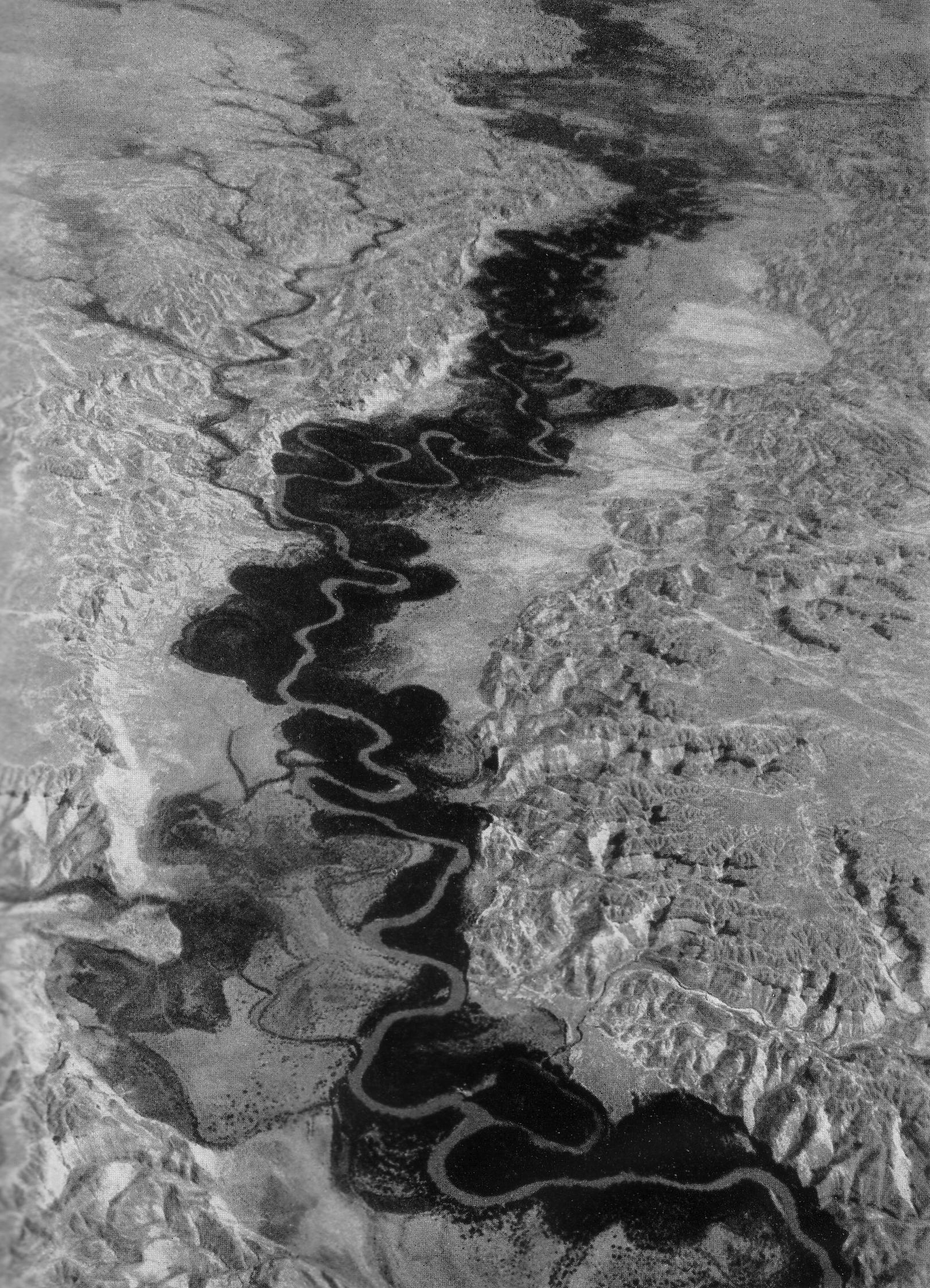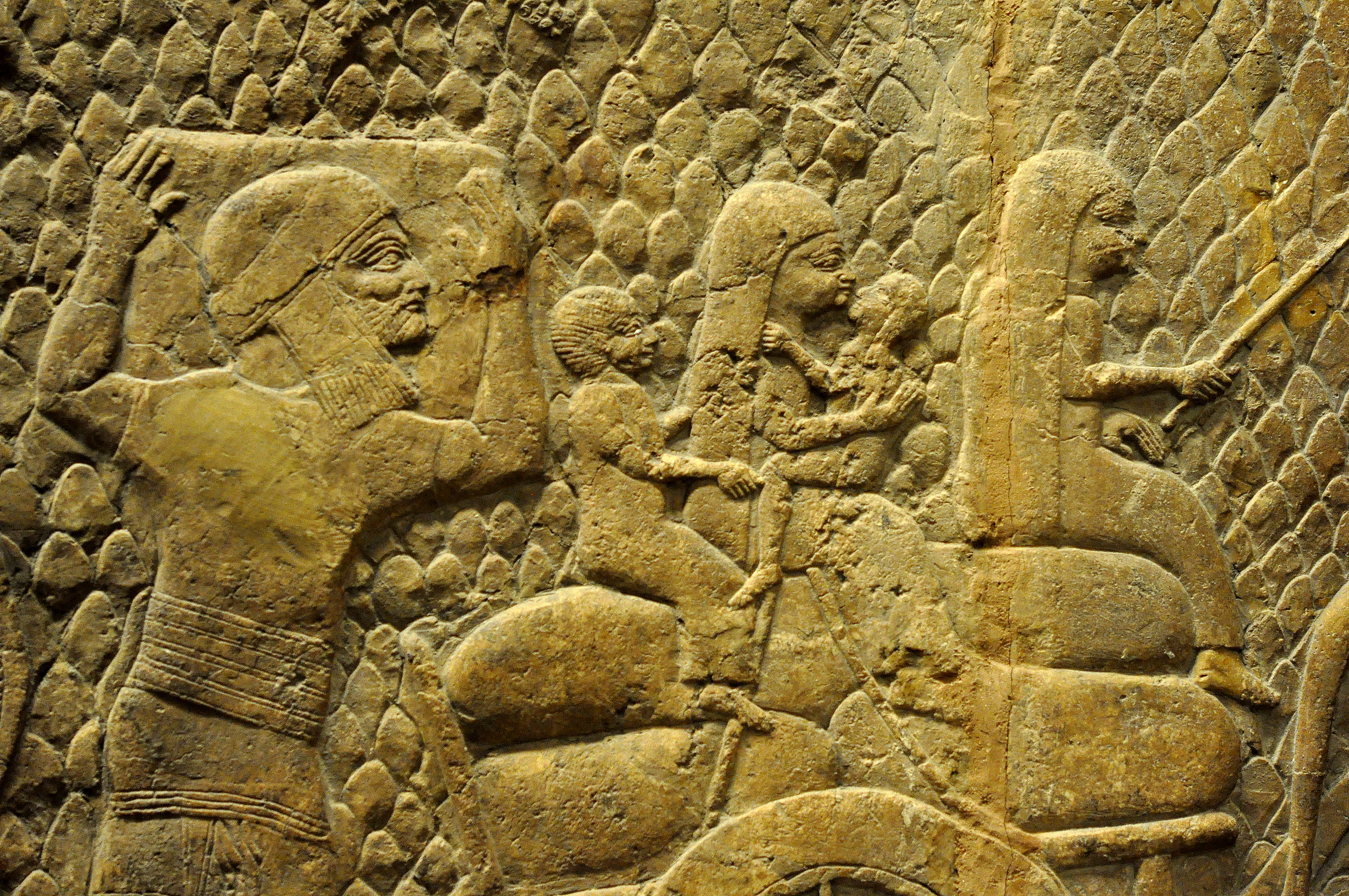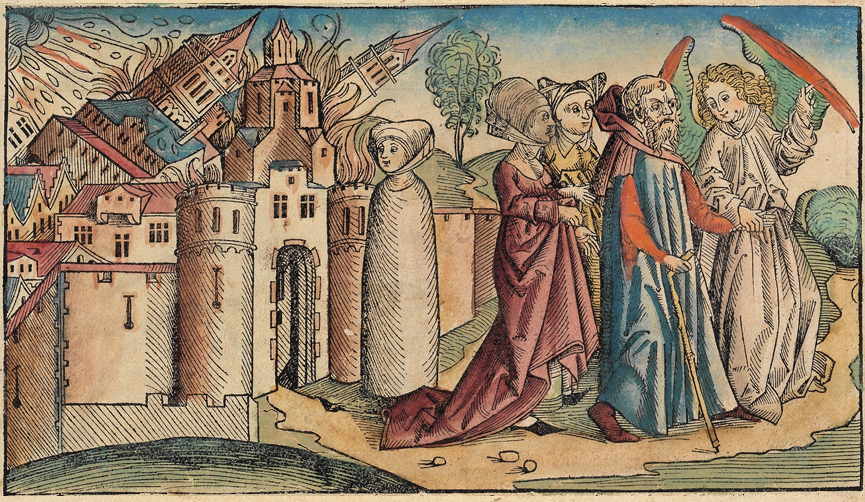|
Sodom And Gomorrah (1962 Film)
''Sodom and Gomorrah'' – known in the United States as ''The Last Days of Sodom and Gomorrah'' – is a DeLuxe Color 1962 epic film which is loosely based on the Biblical reading of Sodom and Gomorrah. The film was a Franco-Italian-American co-production made by Pathé, SGC and Titanus. It was directed by Robert Aldrich and produced by Maurizio Lodi-Fe, Goffredo Lombardo and Joseph E. Levine. The screenplay was by Giorgio Prosperi and Hugo Butler, and the music score was composed by Miklós Rózsa. Plot The twin cities of Sodom and Gomorrah prosper because of their great deposits of salt, which are mined by an army of slaves. The decadent citizens, who have become wealthy by trading salt, live in luxury and use slaves as servants and for violent games of entertainment. After a night of revelry, Astaroth ( Stanley Baker), the Prince of Sodom, tells slave girl Tamar (Scilla Gabel) to carry a message to the king of the Elamites, with whom he plans to overthrow his sister, Be ... [...More Info...] [...Related Items...] OR: [Wikipedia] [Google] [Baidu] |
Robert Aldrich
Robert Burgess Aldrich (August 9, 1918 – December 5, 1983) was an American film director, producer, and screenwriter. His notable credits include '' Vera Cruz'' (1954), '' Kiss Me Deadly'' (1955), '' The Big Knife'' (1955), '' Autumn Leaves'' (1956), '' Attack'' (1956), '' What Ever Happened to Baby Jane?'' (1962), '' Hush...Hush, Sweet Charlotte'' (1964), '' The Flight of the Phoenix'' (1965), ''The Dirty Dozen'' (1967) and '' The Longest Yard'' (1974). Early life Family Robert Burgess Aldrich was born in Cranston, Rhode Island, into a family of wealth and social prominence – "The Aldriches of Rhode Island". His father, Edward Burgess Aldrich (1871–1957) was the publisher of ''The Times'' of Pawtucket and an influential operative in state Republican politics. His mother, Lora Elsie (née Lawson) of New Hampshire (1874–1931), died when Aldrich was 13 and was remembered with fondness by her son. Ruth Aldrich Kaufinger (1912–1987) was his elder sister and only ... [...More Info...] [...Related Items...] OR: [Wikipedia] [Google] [Baidu] |
Titanus
Titanus is an Italian film production company, founded in 1904 by Gustavo Lombardo (1885–1951). The company's headquarters are located at 28 Via Sommacampagna, Rome and its studios on the Via Tiburtina, 13 km from the centre of Rome. Lombardo ran the studios until his death in 1951. His son, Goffredo Lombardo (1920–2005) and later his grandson, Guido Lombardo have continued to run the company. The company has been responsible for hundreds of Italian productions. Titanus made many peplum films and comedies featuring Totò and Franco and Ciccio. The film ''The Shortest Day'' was not only a parody of '' The Longest Day'' but featured a galaxy of stars who made the film to help the studio. The studio made numerous international co-productions with American (''Sodom and Gomorrah'', ''The Angel Wore Red'') and French ('' Plein Soleil'') film studios. After the arrival of the French new wave films, Titanus launched a "youth operation", which gave young film artists a ch ... [...More Info...] [...Related Items...] OR: [Wikipedia] [Google] [Baidu] |
Giacomo Rossi Stuart
Giacomo Rossi Stuart (25 August 1925 – 20 October 1994) was an Italian film actor often credited as Jack Stuart or Giacomo Rossi-Stuart. He appeared in more than 80 films between 1953 and 1989. Biography Born in Todi to an Italian father and a Scottish mother, Stuart was a highly successful athlete when young; he competed in the pentathlon. After getting interested in acting, he studied at Actors Studio in New York City. Between the late 1950s and the late 1970s he was a major actor in Italian genre cinema. His children also went into acting: son Kim Rossi Stuart and daughter Valentina Rossi Stuart, who also is a stuntwoman. Selected filmography * ''Jeunes mariés'' (1953) * ''The Red Cloak'' (1955) * ''War and Peace'' (1956) - Young Cossack (uncredited) * ''Londra chiama Polo Nord'' (1956) - Henry * ''A Farewell to Arms'' (1957) - Carabiniere (uncredited) * '' The Silent Enemy'' (1958) - Rosati * ''Il Conte di Matera'' (1958) - Duca Paolo Bressi * ''The Day the Sky ... [...More Info...] [...Related Items...] OR: [Wikipedia] [Google] [Baidu] |
Claudia Mori
Claudia Mori (born Claudia Moroni, Rome, 12 February 1944), is an Italian producer, former actress and former singer, and wife of the singer Adriano Celentano. Biography 1960s She began her career in show business as an actress playing in musicals, but also in major films such as ''Rocco e i suoi fratelli'' (''Rocco and His Brothers'') by Luchino Visconti and ''Sodoma e Gomorra'' (''Sodom and Gomorrah'') by Robert Aldrich. In 1963, she met Adriano Celentano on the film set of ''Uno strano tipo'' ("A Strange Type"). Celentano left his girlfriend Milena Cantù, and in 1964 he married Claudia, secretly in the night, at the church of San Francesco in Grosseto. She bore three children: Rosita (1965), Giacomo (1966) and Rosalinda (1968). In 1964, she acted in ''Super rapina a Milano'' ("The Great Robbery in Milan"), the first film directed by Celentano. Since then her acting career suffered a setback, in favor of that as singer, in 1964, in fact, with ''Non guardarmi'' ("Do Not Loo ... [...More Info...] [...Related Items...] OR: [Wikipedia] [Google] [Baidu] |
River Jordan
The Jordan River or River Jordan ( ar, نَهْر الْأُرْدُنّ, ''Nahr al-ʾUrdunn'', he, נְהַר הַיַּרְדֵּן, ''Nəhar hayYardēn''; syc, ܢܗܪܐ ܕܝܘܪܕܢܢ ''Nahrāʾ Yurdnan''), also known as ''Nahr Al-Sharieat'' ( ar, نهر الشريعة), is a river in the Middle East that flows roughly north to south through the Sea of Galilee (Hebrew: כנרת Kinneret, Arabic: Bohayrat Tabaraya, meaning Lake of Tiberias) and on to the Dead Sea. Jordan and the Golan Heights border the river to the east, while the West Bank and Israel lie to its west. Both Jordan and the West Bank take their names from the river. The river holds major significance in Judaism and Christianity. According to the Bible, the Israelites crossed it into the Promised Land and Jesus of Nazareth was baptized by John the Baptist in it. Geography The Jordan River has an upper course from its sources to the Sea of Galilee (via the Bethsaida Valley), and a lower course south of the ... [...More Info...] [...Related Items...] OR: [Wikipedia] [Google] [Baidu] |
Hebrews
The terms ''Hebrews'' (Hebrew: / , Modern: ' / ', Tiberian: ' / '; ISO 259-3: ' / ') and ''Hebrew people'' are mostly considered synonymous with the Semitic-speaking Israelites, especially in the pre-monarchic period when they were still nomadic. However, in some instances it may also be used in a wider sense, referring to the Phoenicians, or to other ancient groups, such as the group known as Shasu of ''Yhw'' on the eve of the Bronze Age collapse, which appears 34 times within 32 verses of the Hebrew Bible. It is sometimes regarded as an ethnonym and sometimes not. By the time of the Roman Empire, Greek ''Hebraios'' could refer to the Jews in general, as ''Strong's Hebrew Dictionary'' puts it, "any of the Jewish Nation", and at other times more specifically to the Jews living in Judea. In early Christianity, the Greek term refers to Jewish Christians as opposed to the gentile Christians and Judaizers (Acts 6:1 among others). is the province where the Temple was loc ... [...More Info...] [...Related Items...] OR: [Wikipedia] [Google] [Baidu] |
Scilla Gabel
Scilla Gabel (born Gianfranca Gabellini; 4 January 1938) is an Italian film, television and stage actress. She appeared in 50 films between 1954 and 1982. Career Born in Rimini, Italy, one of five children, Gabel entered the cinema industry as Sophia Loren's body double. Between 1957 and 1967 she appeared, often as the female lead actress, in dozens of films, but failed to emerge because of the stereotyped roles. Starting from late sixties she focused her activity on stage and television, in which she found most significant roles and critical appreciation. Personal life Gabel married Piero Schivazappa in 1968; they had one child. Father's murder On May 8th, 1999 Gabel's 87 year-old father Giuseppe Gabellini was murdered. He was landlord to a number of tenants at his villa on the via Campi di Torre Flavia two blocks from Ladispoli's beach, about 35 km west of Rome. One tenant, 65 year old Elisa Santilli owed Gabellini Lit. 900,000 ($785 in 2022) for several months rent, w ... [...More Info...] [...Related Items...] OR: [Wikipedia] [Google] [Baidu] |
Film Score
A film score is original music written specifically to accompany a film. The score comprises a number of orchestral, instrumental, or choral pieces called cues, which are timed to begin and end at specific points during the film in order to enhance the dramatic narrative and the emotional impact of the scene in question. Scores are written by one or more composers under the guidance of or in collaboration with the film's director or producer and are then most often performed by an ensemble of musicians – usually including an orchestra (most likely a symphony orchestra) or band, instrumental soloists, and choir or vocalists – known as playback singers – and recorded by a sound engineer. The term is less frequently applied to music written for other media such as live theatre, television and radio programs, and video game, and said music is typically referred to as either the soundtrack or incidental music. Film scores encompass an enormous variety of styles of ... [...More Info...] [...Related Items...] OR: [Wikipedia] [Google] [Baidu] |
Screenplay
''ScreenPlay'' is a television drama anthology series broadcast on BBC2 between 9 July 1986 and 27 October 1993. Background After single-play anthology series went off the air, the BBC introduced several showcases for made-for-television, feature length filmed dramas, including ''ScreenPlay''. Various writers and directors were utilized on the series. Writer Jimmy McGovern was hired by producer George Faber to pen a series five episode based upon the Merseyside needle exchange programme of the 1980s. The episode, directed by Gillies MacKinnon, was entitled ''Needle'' and featured Sean McKee, Emma Bird, and Pete Postlethwaite''.'' The last episode of the series was titled "Boswell and Johnson's Tour of the Western Islands" and featured Robbie Coltrane as English writer Samuel Johnson, who in the autumn of 1773, visits the Hebrides off the north-west coast of Scotland. That episode was directed by John Byrne and co-starred John Sessions and Celia Imrie. Some scenes wer ... [...More Info...] [...Related Items...] OR: [Wikipedia] [Google] [Baidu] |
Sodom And Gomorrah
Sodom and Gomorrah () were two legendary biblical cities destroyed by God for their wickedness. Their story parallels the Genesis flood narrative in its theme of God's anger provoked by man's sin (see Genesis 19:1–28). They are mentioned frequently in the prophets and the New Testament as symbols of human wickedness and divine retribution, and the Quran also contains a version of the story about the two cities. The legend of their destruction may have originated as an attempt to explain the remains of third-millennium Bronze Age cities in the region, and subsequent Late Bronze Age collapse. Etymology The etymology of the names ''Sodom'' and ''Gomorrah'' is uncertain, and scholars disagree about them. They are known in Hebrew as hbo, , Səḏōm, label=none and hbo, , 'Ămōrā, label=none. In the Septuagint, these became grc, Σόδομα, Sódoma, label=none and grc, Γόμορρᾰ, Gómorrha, label=none; the Hebrew ghayn was absorbed by ayin sometime after the Septuagi ... [...More Info...] [...Related Items...] OR: [Wikipedia] [Google] [Baidu] |
Epic Film
Epic films are a style of filmmaking with large-scale, sweeping scope, and spectacle. The usage of the term has shifted over time, sometimes designating a film genre and at other times simply synonymous with big-budget filmmaking. Like epics in the classical literary sense it is often focused on a heroic character. An epic's ambitious nature helps to set it apart from other types of film such as the period piece or adventure film. Epic historical films would usually take a historical or a mythical event and add an extravagant setting and lavish costumes, accompanied by an expansive musical score with an ensemble cast, which would make them among the most expensive of films to produce. The most common subjects of epic films are royalty, and important figures from various periods in world history. Characteristics The term "epic" originally came from the poetic genre exemplified by such works as the ''Epic of Gilgamesh'' and the works of the Trojan War Cycle. In classical lite ... [...More Info...] [...Related Items...] OR: [Wikipedia] [Google] [Baidu] |





